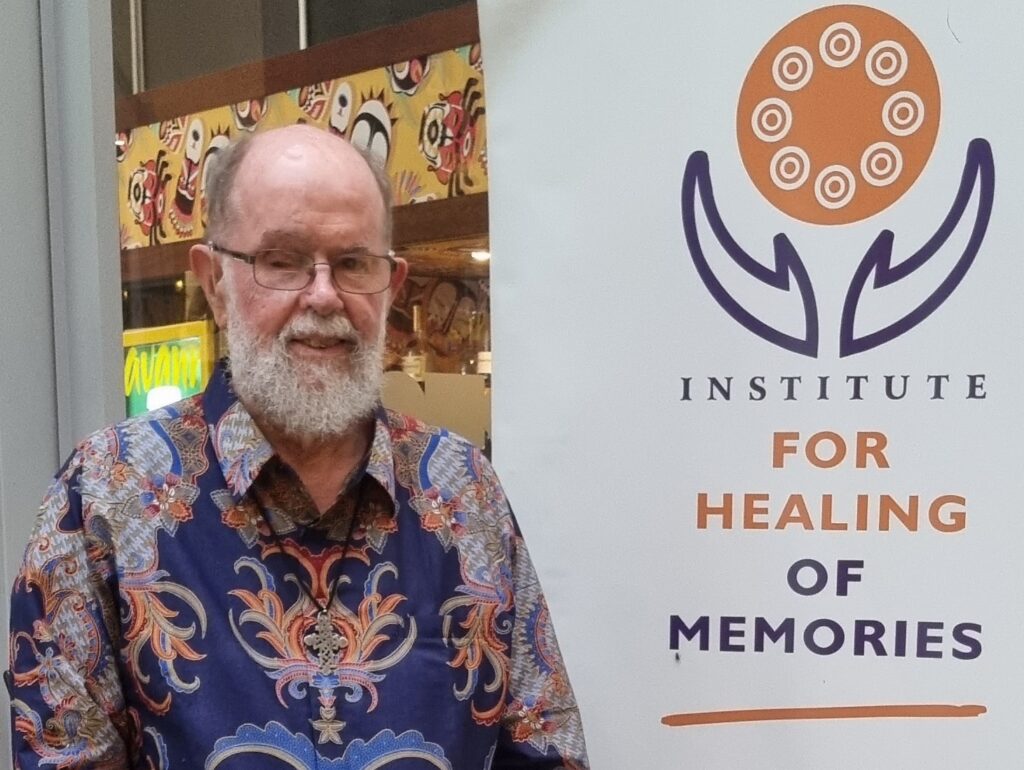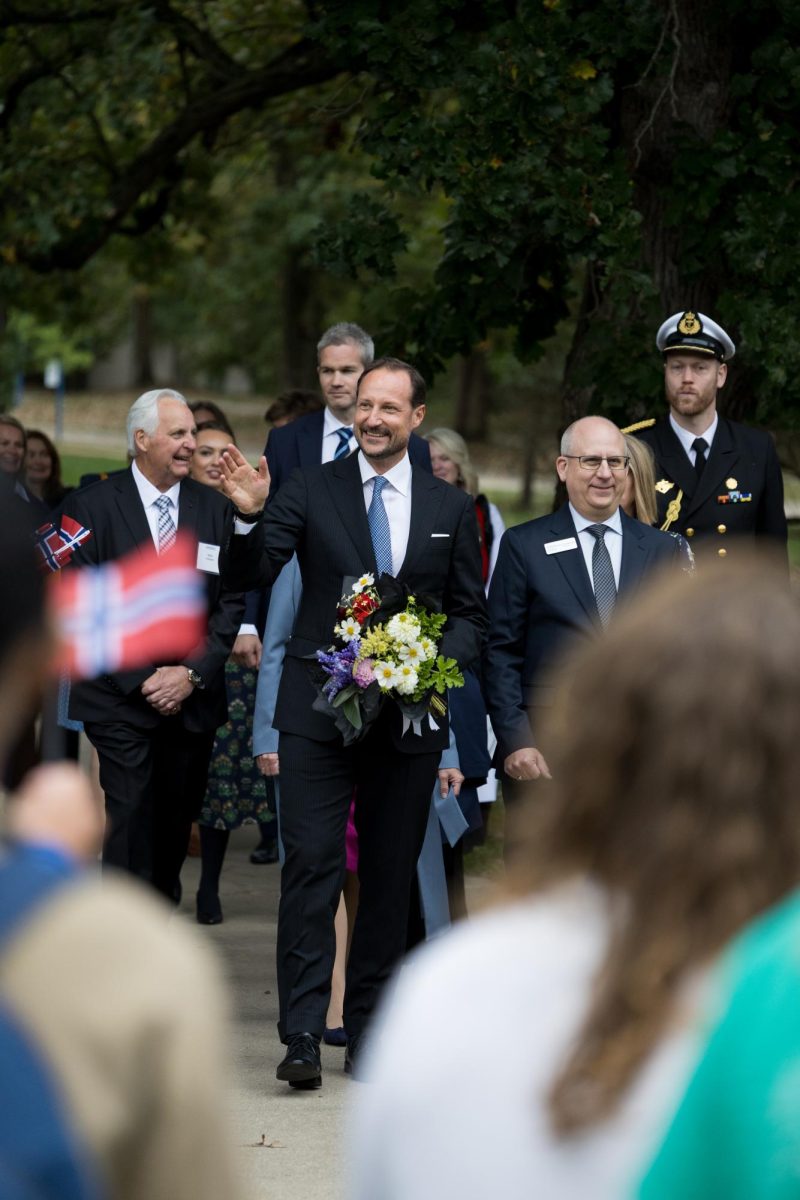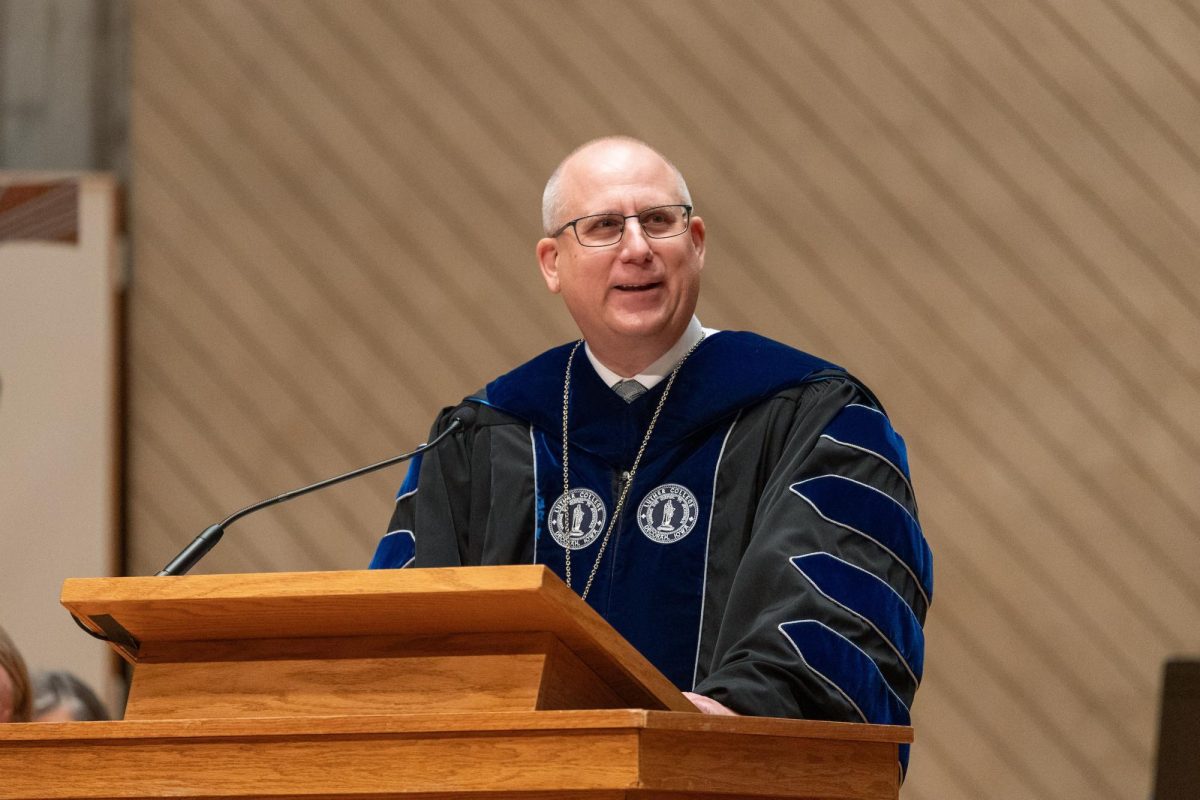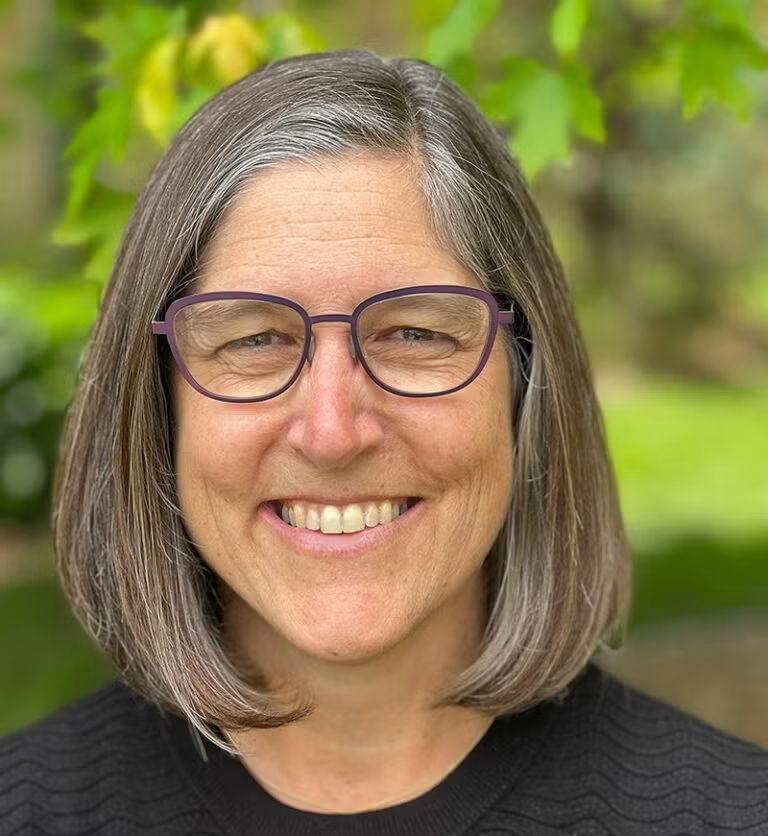Luther College will welcome South African priest and anti-apartheid activist Father Michael Lapsley on April 17-19, where he will take part in conversations with students, faculty and Decorah residents.
Lapsley was exiled by the South African government in 1976, and later became a chaplain for the African National Congress (ANC). He eventually found his way onto the South African government’s hit list, and in April of 1990 he received a letter bomb in the mail while living in Zimbabwe. The blast caused him to lose both hands and an eye, as well as shattering his eardrums.
While on campus, Lapsley will visit several Luther classes, as well as engage in a brown-bag luncheon and speak at an evening lecture. The luncheon, “The Morality of Forgiveness,” will be held on April 17 from 12:30-2:00 p.m. in the Mott/Borlaug room of Dahl Centennial Union. The lecture, “Healing the Wounds of History,” will be on April 18 from 7:00-8:30 p.m. in the Center for Faith and Life (CFL) Recital Hall.
Professor of Religion Guy Nave will also be speaking at “Healing the Wounds of History,” talking with Lapsley about “forgiveness and the importance of knowledge and acknowledgment in journeys of healing.”
Luther will host a student-only luncheon with Lapsley on April 18 from 11:30-12:30. He will also be participating in an informal community “meet-and-greet” drop-in session later in the day from 4:30 to 5:30 p.m. in the Nobel Room in the Union, where community members have an opportunity to meet Lapsley one-on-one prior to “Healing the Wounds of History” later that evening.
15 Luther students got the chance to talk to Lapsley while studying abroad this past January in Cape Town, South Africa as part of the Paideia 450: Reconciliation in South Africa course. Taught by Nave and Associate Professor of Africana Studies and History Richard Mitisi, the course covered four regions of the country, in which students studied the social, economic and political landscape of the country 30 years after the end of apartheid.
Payten Hardy (‘24) was one of the students who spent January in South Africa and met Lapsley personally. She felt that Lapsley’s story was one of the many examples of how aggressive the South African government response was towards anyone who opposed apartheid.
“I obviously knew there was an insane amount of violence during that time, but knowing that and seeing someone who was a victim of that are two very different things,” Hardy said. “How [Lapsley] was able to move on from that, and still try to make a positive impact and help others is just an amazing thing to see.”
Lapsley founded the Institute for the Healing of Memories in 1998, an organization dedicated to enabling individual and collective healing in South Africans from different racial, religious and social backgrounds. Lapsley told The Forgiveness Project in November 2022 that he realized after the bombing that if he only focused on revenge towards those who attacked him, he’d “be a victim forever.”
“If we have something done to us, we are victims,” Lapsley said. “If we physically survive, we are survivors. Sadly, many people never travel any further than this. I did travel further, going from victim to survivor, to victor. To become a victor is to move from being an object of history to become a subject once more.”
The luncheon and lecture with Lapsley are both open to the public, and all members of the Luther community are encouraged to attend.





